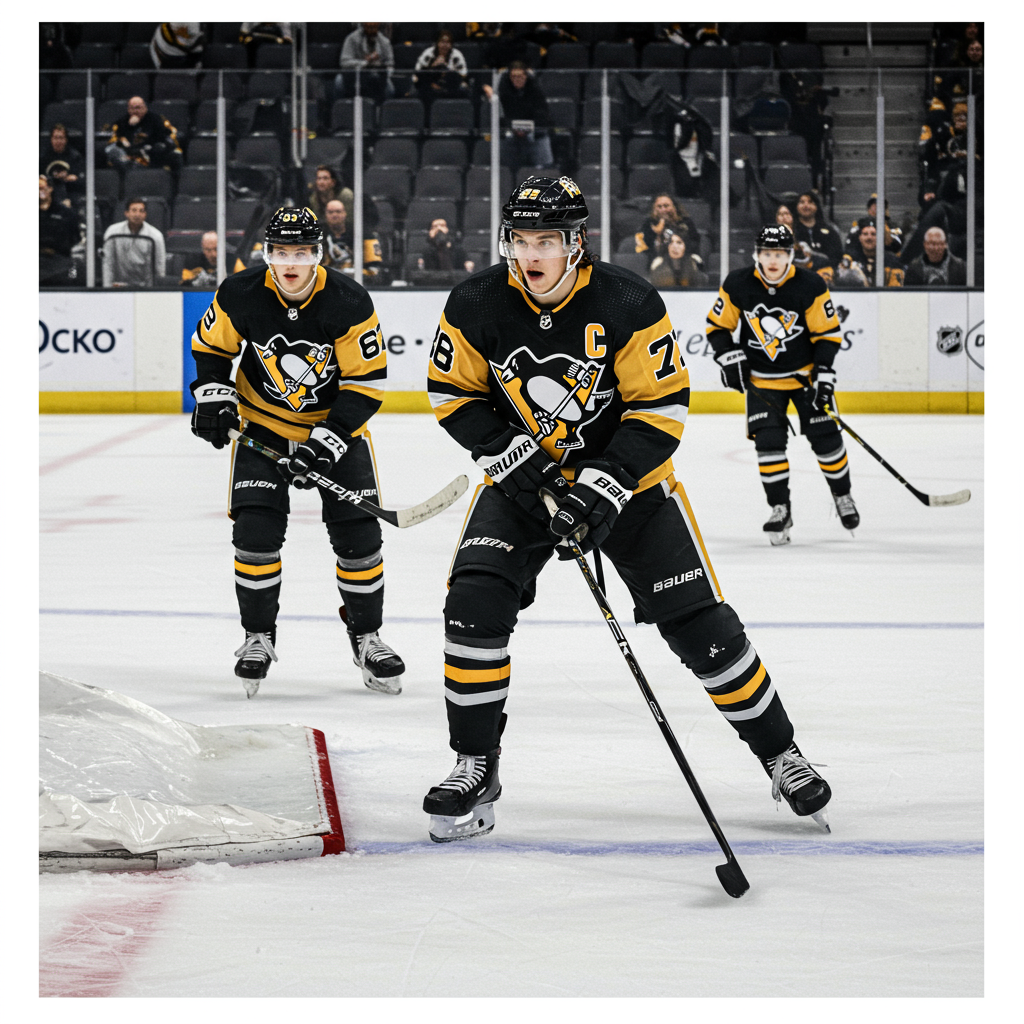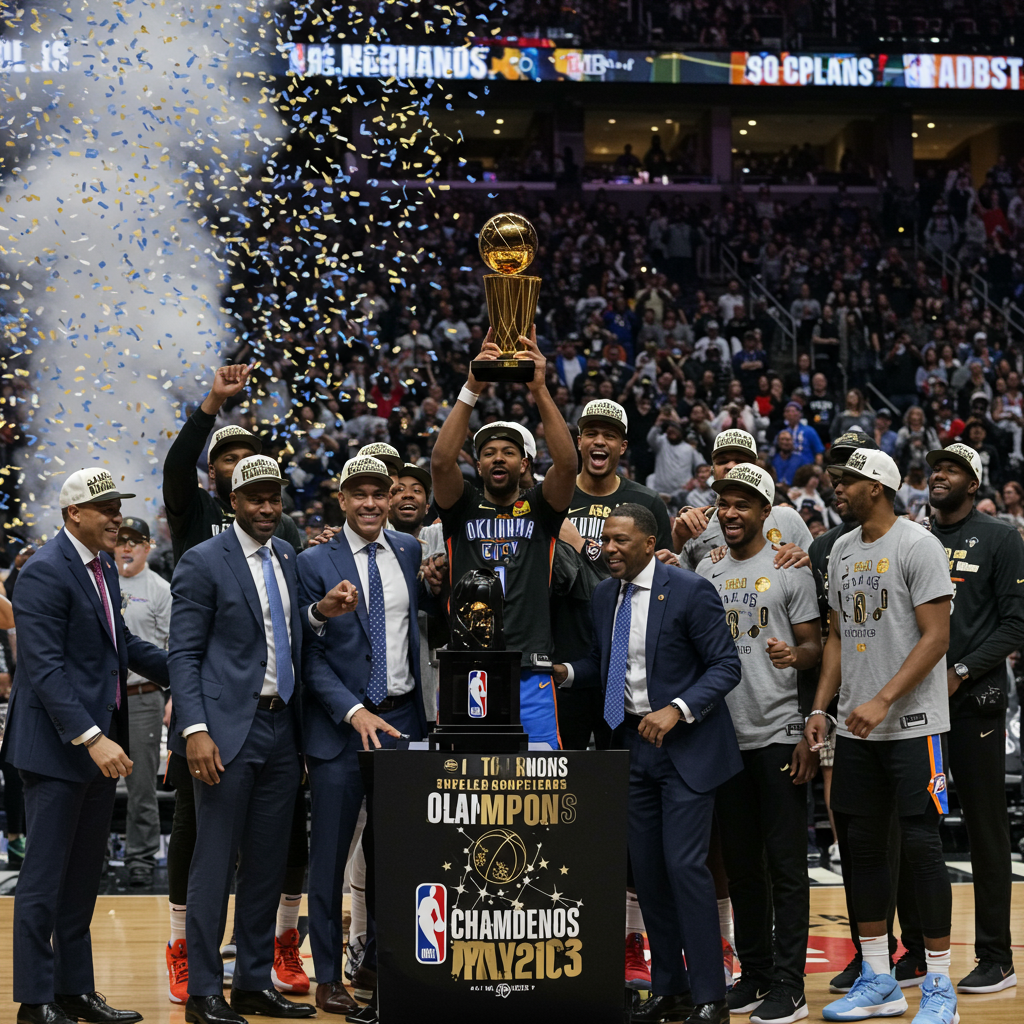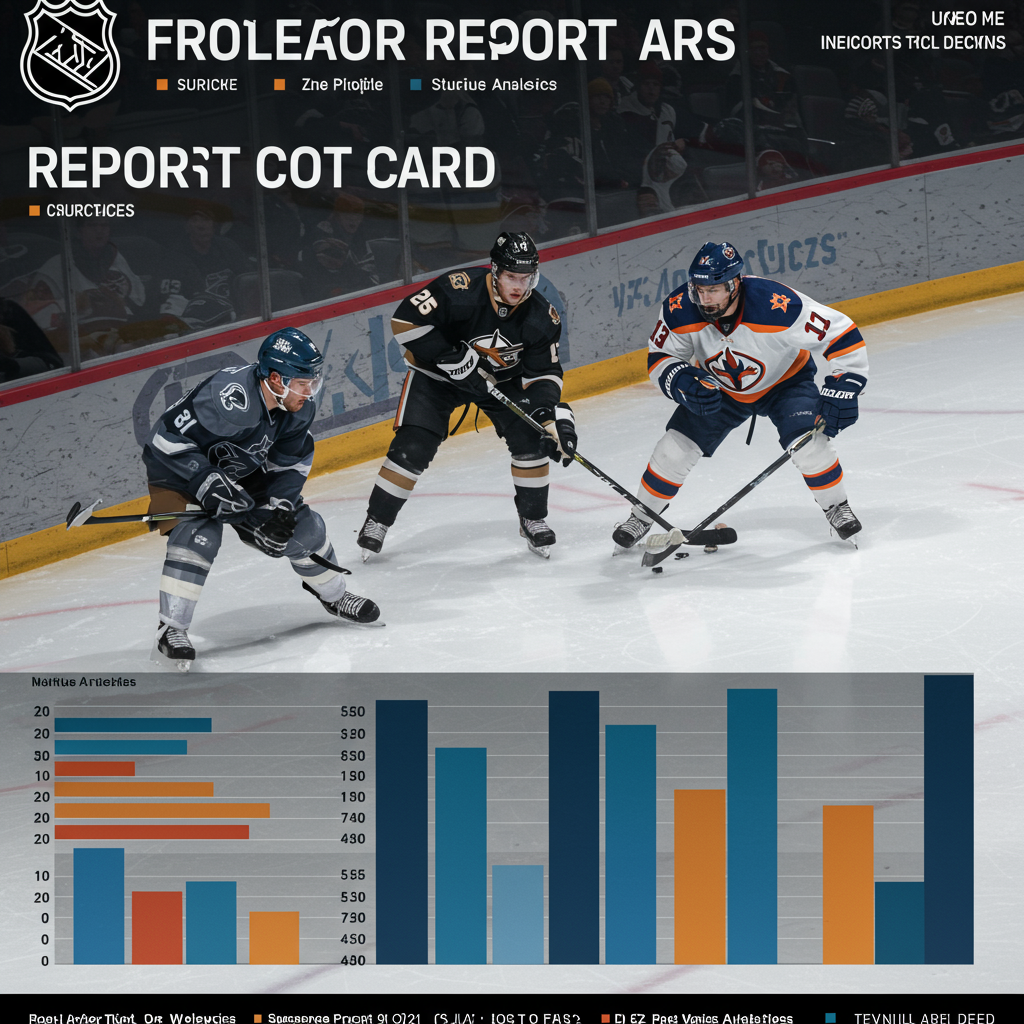The Pittsburgh penguins recently concluded their 2025 development Camp, a crucial week aimed at shaping the organization’s future. Held from July 3rd through July 7th at the UPMC Lemieux Sports Complex, the camp brought together 52 hopefuls – a mix of recent draft picks, returning prospects, and undrafted invitees. This intensive five-day program provided a first look at the talent pipeline and reinforced the strategic vision being implemented by Penguins management.
President of Hockey Operations and General Manager Kyle Dubas emphasized the importance of this stage. “Obviously, when you’re in our position, you’re accruing picks and prospects – but you have to make good on them,” Dubas stated. This philosophy aligns with the team’s broader strategy, highlighted by recent moves focused on adding younger players and increasing draft capital. Dubas stressed that successful drafting must be coupled with “a great job in developing them.” The baton for this critical development phase is passed to Director of Player Development Tom Kostopoulos and his staff.
Sharpening Skills and Mindsets
Kostopoulos outlined the core focus areas for the 52 attendees, which included 29 forwards, 17 defensemen, and six goaltenders. Beyond on-ice drills and physical conditioning, significant attention was placed on coachability, competitiveness, and work ethic. These attributes are seen as fundamental building blocks for a professional career. The prospects were divided into three distinct groups for staggered on-ice and off-ice sessions throughout the week. Daily activities were open to the public, giving fans a chance to see the potential stars up close. The camp structure built towards a competitive 4-on-4 tournament on the final day.
The Captains: Leadership on Display
Leadership was a key theme, with three prospects designated as team captains for the duration of the camp. This provided an early opportunity to assess their communication and influence among peers.
Joona Vaisanen (Team Stevens Captain): A 2024 sixth-round defenseman, the 20-year-old is transitioning to the NCAA after a strong USHL season. His 2023-24 campaign culminated in helping Western Michigan secure their first team title. Assistant GM Jason Spezza praised Vaisanen’s high hockey IQ and defensive capabilities, particularly his angling and skating. Spezza noted his “quiet confidence” and the valuable experience gained from playing on a championship team, anticipating a larger role for him at Western Michigan moving forward.
Harrison Brunicke (Team Patrick Captain): Selected 44th overall in the 2024 draft, Brunicke has had a busy year. The defenseman served as an alternate captain for Kamloops (WHL), posted a career-high 30 points, saw time with Team Canada, and even made his pro debut with Wilkes-Barre/Scranton (AHL), recording two assists in 10 games. Spezza indicated that Brunicke’s readiness for the NHL would become clear during the upcoming training camp. He acknowledged Brunicke’s impressive camp last year, highlighted a learning curve during his initial AHL struggles, and noted how his game blossomed before being cut short by the WBS team’s early playoff exit. Brunicke is expected to push hard for a roster spot.
- Daniel Laatsch (Team Johnston Captain): A 2021 seventh-round pick, this 6-foot-5 defenseman is set to turn pro after signing a two-year entry-level contract in March 2025. His final college season was limited to 22 games due to hip surgery. Director of Player Development Tom Kostopoulos confirmed Laatsch is now “100% healthy” and eager to start his professional journey. Kostopoulos highlighted Laatsch’s imposing size, exceptional reach and stick detail, and willingness to contribute defensively by blocking shots and battling in corners – traits the team highly values.
- www.nhl.com
- www.nhl.com
- www.nhl.com
- www.nhl.com
- www.nhl.com
A Level Playing Field Philosophy
A powerful message resonated throughout the camp: everyone is evaluated on the same standard, regardless of draft position or contract status. This philosophy aims to instill a competitive drive in every player.
This was perhaps best exemplified by the interaction between undrafted forward Oliver Tulk and his former Calgary Hitmen teammates, 2025 first-rounder Ben Kindel and 2024 second-rounder Tanner Howe. Tulk led the Hitmen in scoring with 100 points last season, just ahead of Kindel’s 99. Despite his success and planning to play NCAA hockey next season, Tulk is still pursuing his first pro contract. He acknowledged the praise surrounding Kindel as a high first-round pick but valued the opportunity to train alongside them and gain perspective. For Kindel, selected 11th overall in the 2025 draft, the message from management was clear. He shared advice from Vice President of Player Personnel Wes Clark to “just stay hungry” and maintain the mindset of an undrafted player, focusing on the future rather than past accolades.
Integrating New Talent
The camp also provided an opportunity to integrate players recently acquired or signed. Forward Melvin Fernstrom, a 2024 third-round pick acquired from Vancouver in the trade involving Marcus Pettersson and Drew O’Connor, attended his first Penguins camp. Fernstrom finished his SHL season strong with Örebro HK, scoring 11 points in his final 19 games and earning Rookie of the Year honors before signing a three-year entry-level contract. Dubas noted Fernstrom’s grasp of his development path and successful execution of his goals, including carving out a competitive bottom-six role as a teenager in Sweden’s top league. Kostopoulos added that Fernstrom possesses significant offensive upside, highlighting his “elite” shot and impressive ability to find space in the offensive zone for his age. Other signed players like Mikhail Ilyin also participated, along with all 13 selections from the 2025 draft, including fellow first-rounders Bill Zonnon and Will Horcoff, and returning defenseman Emil Pieniniemi who had a strong OHL season.
New Voices Behind the Bench
Development Camp wasn’t just for the players; it was also a chance for the Penguins’ recently revamped coaching staff to connect with prospects and build chemistry among themselves. New assistant coaches Todd Nelson and Mike Stothers were prominent figures throughout the week.
Welcome Back, Todd Nelson
Assistant Coach Todd Nelson’s presence held special significance, as his professional playing career began in Pittsburgh after being drafted by the team in 1989. Nelson shared his experience of getting called up to the NHL in 1991 and walking into a locker room with legends like Paul Coffey and Mario Lemieux. With 20 years of coaching experience, including multiple AHL championships and NHL assistant stints, Nelson brings a wealth of knowledge. He explained his decision to join the Penguins, finding the opportunity to work with the team’s talent and the organizational direction intriguing. Nelson will be responsible for coaching the forwards and overseeing the power play.
Mike Stothers Joins the Staff
Mike Stothers, who will work with the defensemen and penalty kill, also made a memorable first impression. A survivor of Stage 3 Melanoma, Stothers approached interviews with energy and humor. He emphasized that his coaching philosophy extends beyond Xs and Os, prioritizing communication and building relationships with players. Stothers noted that management consulted former players during the hiring process, valuing feedback on his past interactions and methods. His return to coaching after time off was clearly a source of excitement.
Off-Ice Development and Team Bonding
Beyond the rigorous on-ice schedule, the Penguins Development Camp incorporated important off-ice components. These included presentations focused on professional development, helping prospects understand the demands and expectations of a pro hockey career. Crucially, the camp also facilitated team bonding and community engagement. Prospects participated in activities like paintball and pickleball, fostering camaraderie away from the intense training environment. Social media highlights captured candid moments, such as assistant coach Nick Bonino connecting with Sidney Crosby and prospects navigating team-building challenges. These activities help build a sense of team culture and expose players to the community they hope to represent.
Camp Culmination: The 4-on-4 Tournament
The camp wrapped up with an exciting 4-on-4 tournament on Monday, July 7th. The three teams – Stevens, Patrick, and Johnston – competed in a round-robin format followed by a final. Games featured 25 minutes of running time, switching to stop time in the final two minutes, with shootouts to decide tied games. This format provided a fast-paced, high-skill showcase for the prospects, offering evaluators a final look at their abilities in a competitive setting.
The 2025 Penguins Development Camp offered valuable insights into the organization’s future talent and strategic direction. From evaluating raw potential and refining fundamental skills to integrating new personnel and reinforcing core values, the camp served as a vital step in the ongoing process of building a competitive team.
Frequently Asked Questions
What is the main goal of the Penguins 2025 Development Camp?
The primary goal is to evaluate, instruct, and acclimate recently drafted players, returning prospects, and select invitees to the Penguins’ system and professional expectations. Director of Player Development Tom Kostopoulos highlighted the focus areas as coachability, competitiveness, and work ethic during on- and off-ice sessions. It’s also a crucial step in “making good” on acquired draft picks and prospects, according to GM Kyle Dubas.
Which key prospects and new coaches were featured prominently at the camp?
Several individuals stood out. Key prospects profiled included team captains Joona Vaisanen (2024 pick), Harrison Brunicke (2024 pick), and Daniel Laatsch (2021 pick). Undrafted forward Oliver Tulk also gained attention training alongside recent high draft picks Ben Kindel (2025 1st round) and Tanner Howe (2024 2nd round). Additionally, acquired forward Melvin Fernstrom (via trade, 2024 pick) was a focus. The camp also formally introduced new assistant coaches Todd Nelson and Mike Stothers, who integrated with both players and staff.
How does the Penguins management evaluate players during Development Camp?
Management and coaching staff evaluate players not just on their on-ice skills during practices and the final tournament, but also heavily on their off-ice conduct, coachability, competitiveness, and work ethic. The organizational message emphasizes a “level playing field,” meaning every player is assessed based on their performance and attitude during the camp, regardless of their draft round or contract status, to determine who is truly “hungry” and willing to put in the work required to develop.



